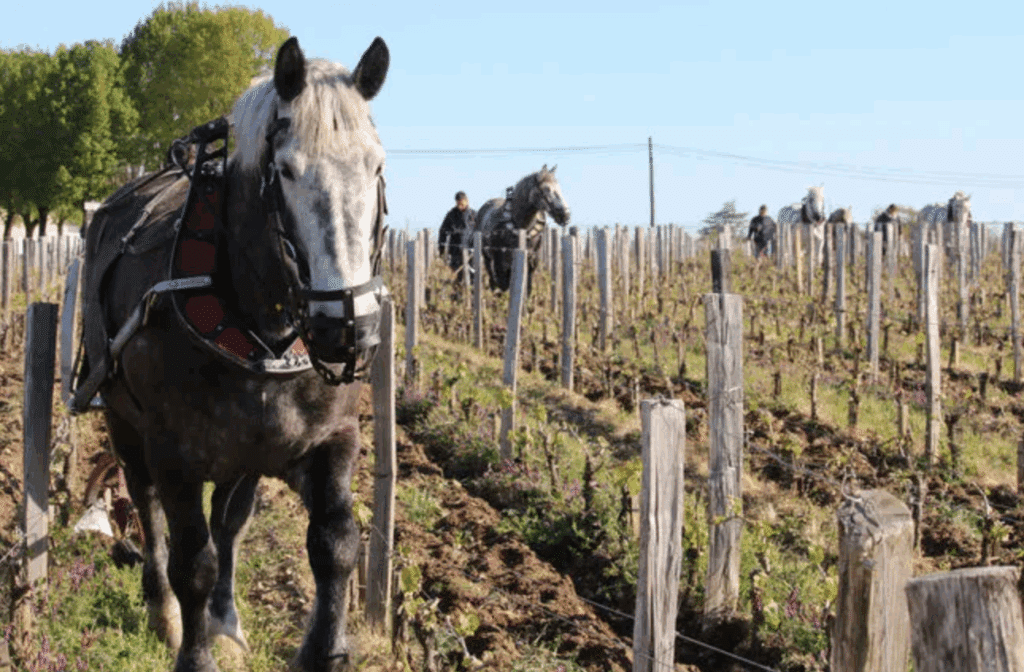
Wine has been around for thousands and thousands of years, the earliest recordings dating back to Persia around 5000 BC, and yet wine-making remains today a very innovative and experimental field. With different styles and methods (and individual tastes), there will always be people wanting to try new things with wine, and the most popular “trend” for wines currently concerns “Natural Wines”.
What is a “Natural Wine”? More than simply being an organic wine, natural wines are made with very little human interaction. The grapes are grown with no pesticides or herbicides and, when ripe, are to be hand-picked. Once harvested, the grapes will be put into vats for fermentation, but instead of adding yeast to initiate the alcoholic fermentation immediately, natural wine makes will leave the grapes in the vat and rely on the natural yeasts (that exist all around) to trigger said fermentation. Furthermore, no additives (and generally no sulfites) are added to the process.
Although natural wines are incredibly popular today, this is, in reality, one of the most ancient methods used for making wine. Thousands of years ago, people did not have the knowledge or technological advances we have today, so we relied even more on nature to provide us with all the right conditions to make good wine. As wine-making evolved, we found methods to ensure creating, year after year, quality wines and were able to be more involved in growing the grapes and making the wine.
Two schools of thought came from this: those who believe that natural wines are a truer expression of the soil and of nature itself, praising its virtue and explosive tastes, and those who perceive the process to be flawed and archaic, taking too many risks when unnecessary. Both sides have valid views, but essentially it comes down to the consumer and their preferences.
Although natural wines can be referred to as “cloudy” (due to there being no filtration process) or “earthy” and, on occasion, “weird”, they are, in essence, more environmentally friendly as wineries making natural wines have a weaker carbon footprint. However, in France, natural wines are not subject to controls or regulations (unlike organic wines, which need to adhere to strict rules to label themselves as “Organic”). No framework is given to natural wines, so any estate can call their wine natural, whereas “traditional” wines in France are minutely supervised to ensure the quality of the product.
We in Bordeaux believe that there is a wine for every occasion and every mood, and those wines don’t necessarily need to be “organic”, “natural,” or “traditional” – we love all wines!
On a deeply personal note, however, regarding natural wines, I stick to the white wines (or, if you’re feeling adventurous, orange wines) – they can be audacious, raw, and delicious – but when it comes to the reds, I prefer the smoothness and higher quality of a “traditional” red wine. Despite using yeasts and additives, traditional Bordeaux reds are still a fantastic expression of the region, and for that, they remain our favorite.


